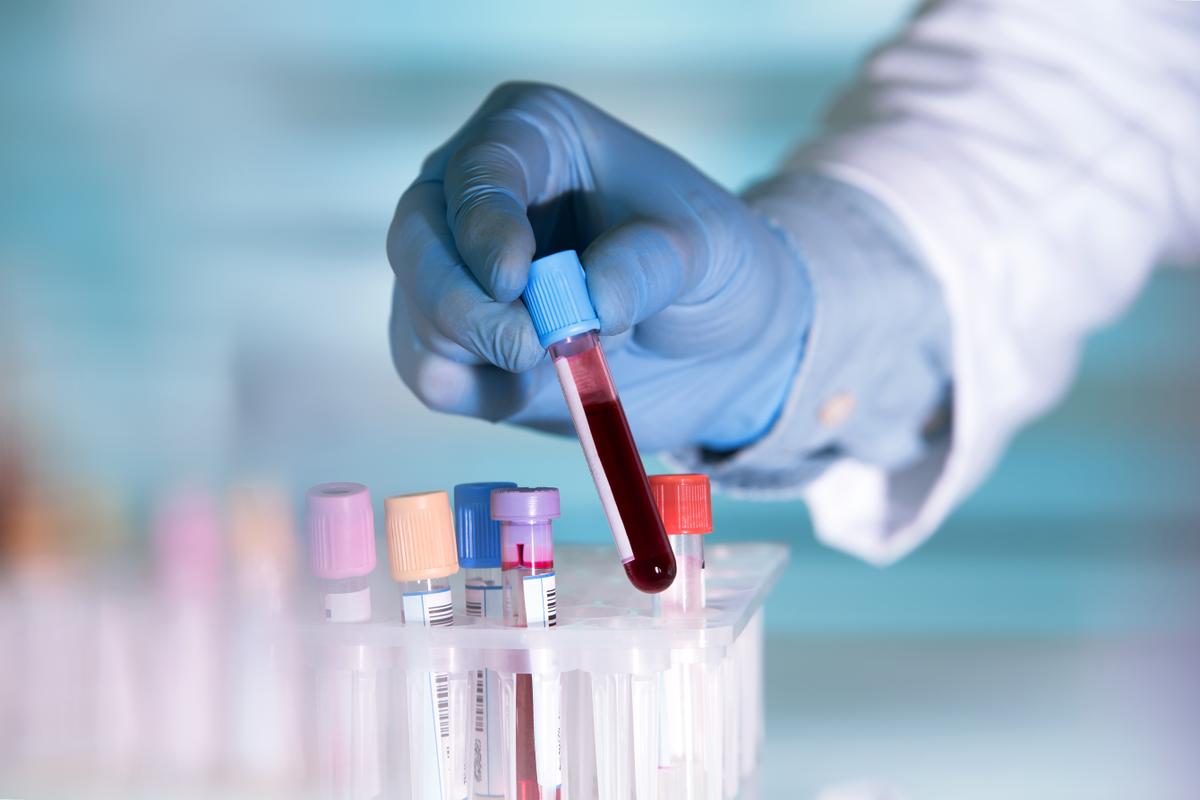A couple of weeks ago, the Red Cross launched a call for recovered coronapatients to donate plasma. The plasma will be examined for the presence of antibodies that could help sick coronapatients. Treating ill patients with the plasma of people that have recovered from the same disease has proven beneficial in the past. The plasma of recovered patients contains antibodies that can help prevent the disease.
In the meantime, UZ Leuven has started a large-scale trial with plasma of recovered COVID-19 patients. In large trials it is important to accurately determine the correct conditions in advance, so that the results of the trial are scientifically sound. If administering plasma proves safe and efficacious, the product could be made available for all patients with coronapatients.
Screening donors
Calling and screening donors preceeds the actual administration of plasma to sick patients. The right donors have to be tested and chosen first. The plasma has to contain a sufficient amount of the right type of antibodies. Applicant donors can still register with the Red Cross via covid19plasma.rodekruis.be. Since the first call, the website saw thousands of visitors, 395 of whom with the right profile registered. They will be screened for antibodies the coming days.
European collaboration
Prof. dr. Geert Meyfroidt, national coordinator of the plasma trial: “Plasma transfusion is a promising therapy for COVID-19 patients and can be made available in a short time-span for a large group of patients all over Europe. Our trial wants to teste whether ealry administration of antibodies from plasma from recovered patients can prevent more ill coronapatients from having to go on the ventilator. There are however still a lot of questions on convalescent plasma. Which is why it is so important to have founded and well-prepared scientific research. Our neighbouring countries are setting up similar trials and on a European level we plan to execute the trials on the same way and to analyse the results together.”
Plasma transfusion is a promising therapy for COVID-19 patients and can be made available in a short time-span for a large group of patients over the whole of Europe.prof. dr. Geert Meyfroidt
Public Health Minister Maggie De Block: "It would be very good news if this treatment were to work. It will enable you, having recovered from COVID-19, to help future coronapatients. The only thing you'll have to do is donate plasma. We are reducing the virus, but this does not mean that we're going to sit back. On the contrary, projects such as this will help us prepare for potential new flare-ups. The virus has taken the world by surprise but we will do everything to prevent it from happening a second time.”
Frank Hulstaert, senior researcher at the Federal Knowledge Centre for Healthcare (KCE): “A clinical trial with a large number of participating centres requires a professional approach. Through appropriate study financing, the KCE helps the hospitals realise this ambition, for the sake of the patient.”
The trial is a collaboration between the Red Cross, the KCE, Sciensano, UZ Leuven, CHU Brugmann, Erasmus Ziekenhuis Brussel, UZ Brussel, UMC Sint-Pieter Brussel, AZ Delta Roeselare, CHU Liège Sart-Tilman, Cliniques Universitaires St Luc, CHC Liège Mont Légia, Institut Bordet, Imeldaziekenhuis Bonheiden, ZNA Stuivenberg, AZ Groeninge, CHR Jolimont Mons-Hainaut and CHR Citadelle Liège. In a second phase the trial can be expanded to other interested hospitals.
